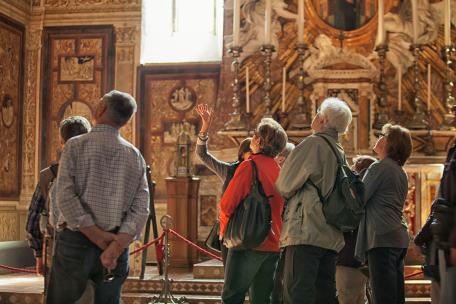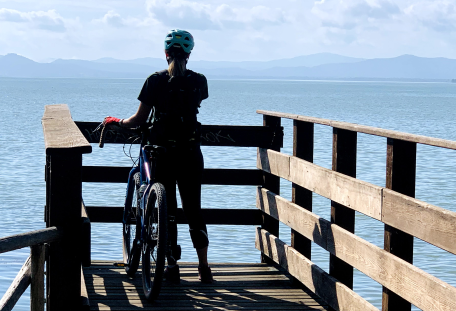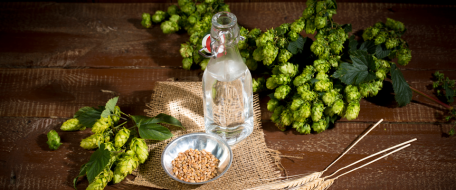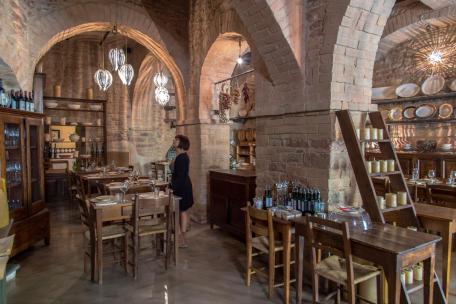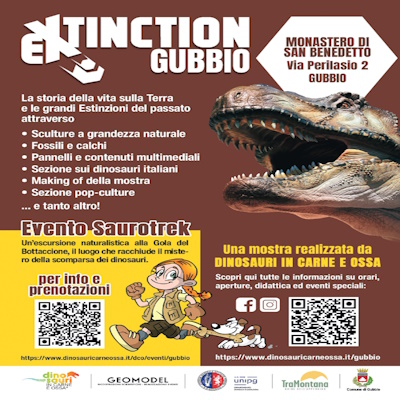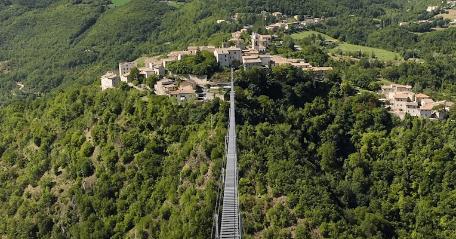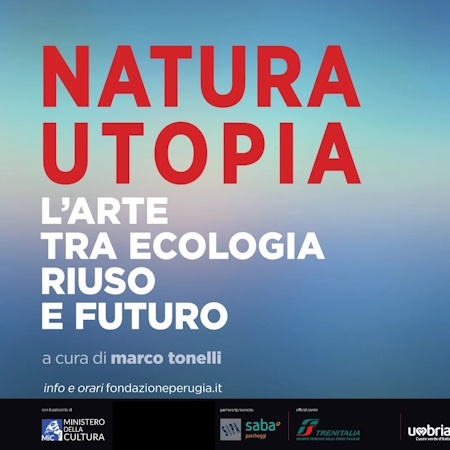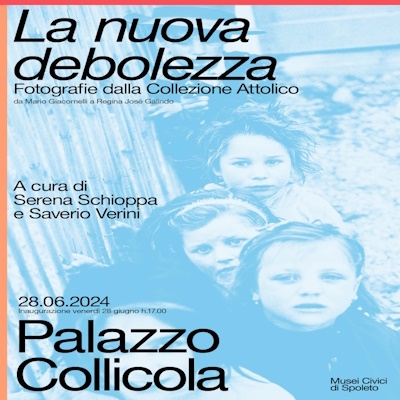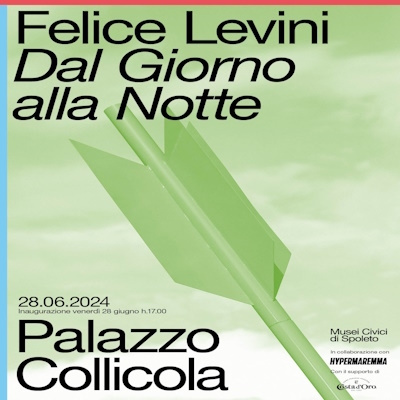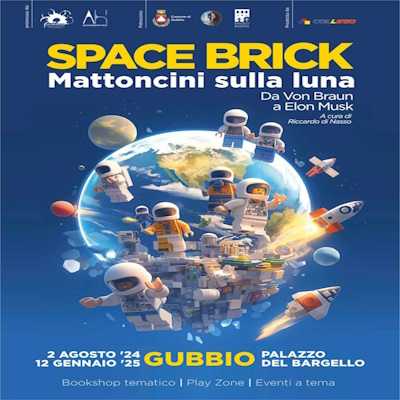Do you dream of a green paradise, immersed in peace and quiet and with much to see and explore? Well, open your eyes, for such a place exists: the Monti Sibillini National Park. Let us take you into the heart of Umbria, mountains that can rise above 2000 metres of altitude. Here we find Mount Vettore, Mount Sibilla, Priora, Argentella, and the Redentore summit. Among important rivers and valleys, find over 1800 species of plants and flowers, including especially the Apennine edelweiss, bearberry, and hornbeam. But the true masters of this land are wolves, porcupines, wildcats, and choughs. nbsp
An obligatory stop in the area is Castelluccio, a town which owes its history and fortunes to its sheep herds. The town's peculiar character is strictly linked to the surrounding nature, and in particular to the so-called Fiorita, a time in early summer when the flowers bloom and create a polychrome mosaic of petals and leaves.
We continue our tour in Visso, one of Italy's most beautiful towns, also known as the gem of the Sibillini. Worth seeing here are the city walls, the medieval balconies, the renaissance palaces, and the stone gates adorned with Latin mottoes. Just outside town and also worth visiting is the Macereto Sanctuary, erected near a small 14th century chapel. A statue of the Virgin Mary is held here, and it is said to have miraculous properties and to be the same statue which, according to legend, arrived here in the 14th century after the mules carrying it decided to stop precisely in this spot.
We thus arrive in Norcia, a town that has been damaged time and time again by the frequent earthquakes that have occurred here over the centuries. The town's fame owes to a famous religious figure: St. Benedict, the first Christian monk and founder of the Benedictine order. As well as the church dedicated to him (extensively damaged in 2016), it is possible to visit those dedicated to St. Augustine, to St. John, and the Cathedral.
Finally, we come to Preci, a small medieval village which today lives off tourism and agriculture. The ideal itinerary here starts from the town hall, located on the summit of the hill on which the village is built, and dominating the village's main square. We then continue to the church of Santa Caterina and from there to the nearby hamlets of Roccanolfi, Poggio di Croce, and Montebufo.










